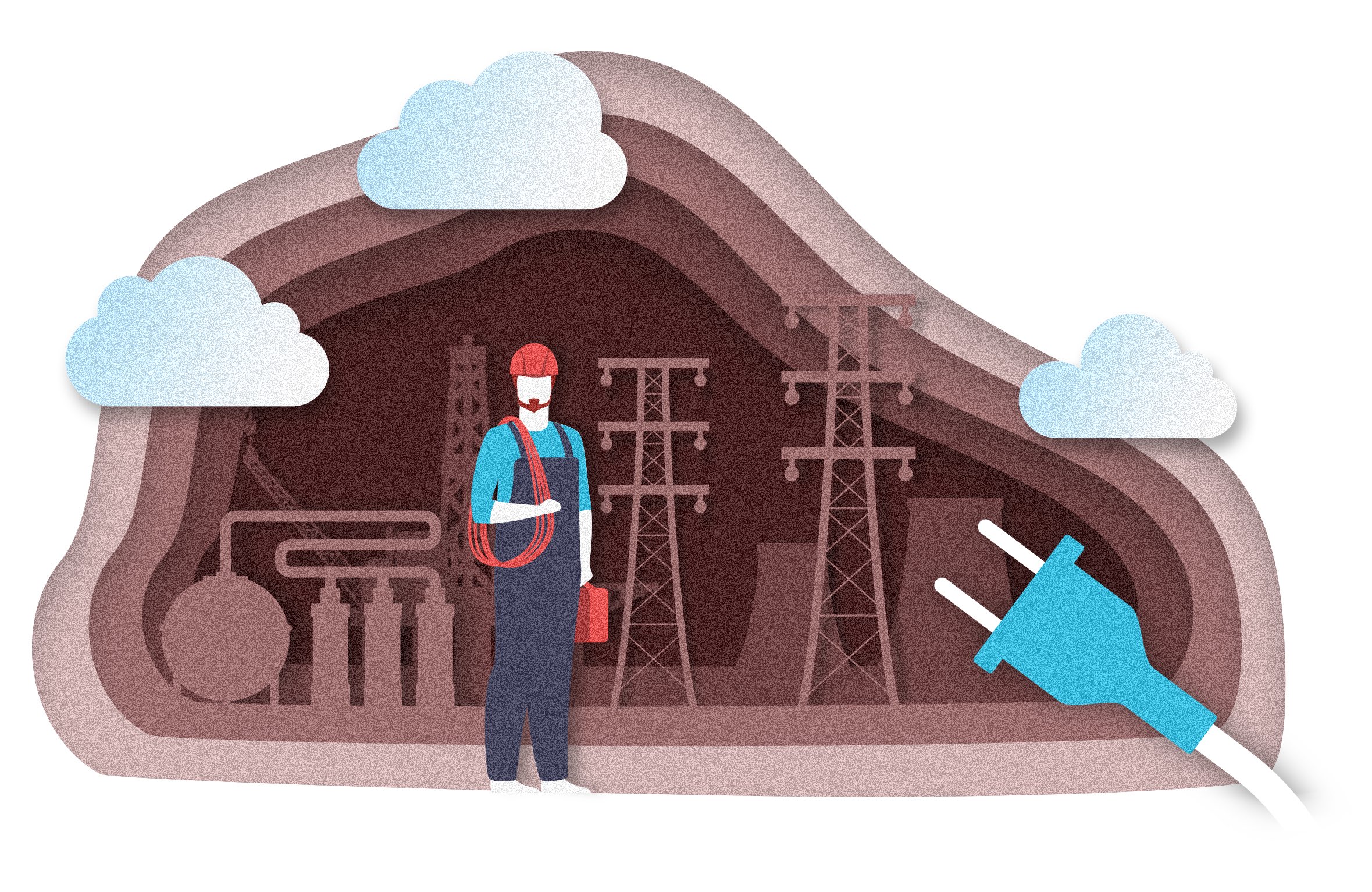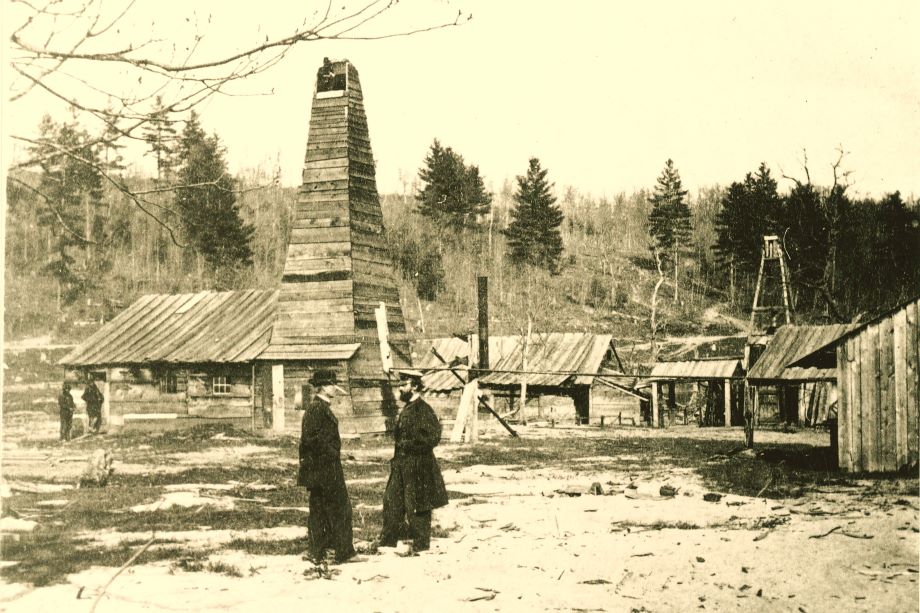House Intelligence Committee Releases Report on Strengthening Science and Technology R&D at Intelligence Agencies
House Intelligence Committee Releases Report on Strengthening Science and Technology R&D at Intelligence Agencies
Last week, the House Permanent Select Committee on Intelligence released a bipartisan report prepared by its Strategic Technologies and Advanced Research (STAR) Subcommittee to strengthen and empower the Intelligence Community’s scientific and technological research and development (R&D) activities. The report notes how external partnerships are becoming increasingly important for the U.S. to maintain its technological edge. The report provides five recommendations that will help the U.S. preserve its competitive advantage in R&D. The five recommendations are summed up as: (1) get the right money (funding), (2) get the right people, (3) get the environment right, (4) improve the Intelligence Community’s Strategy and Vision, and (5) lead in the development of norms and standards.
The recommendations focus on funding, partnerships, workforce development, and creating norms and standards. To achieve these overarching goals, the recommendations in the report encourage policy changes, including:
The recommendations focus on funding, partnerships, workforce development, and creating norms and standards. To achieve these overarching goals, the recommendations in the report encourage policy changes, including:
- Reopen the Office of Technical Assessment in the House of Representative;
- Build and improve relationships based upon mutual trust between the IC and the private sector;
- Conduct a pilot of the Intelligence Community’s Public-Private Talent Exchange;
- Engage with educators to ensure U.S. academic institutions can teach the workforce of the future;
- Leverage and nurture existing collaborations with the federal labs; and
- Mandate the Intelligence Community’s prioritization of R&D needs, centralize oversight and decision-making responsibilities for R&D, and regularly update Congress on its progress toward those priorities.
- The creation of a fellowship program akin to the Presidential Management Fellowship that is oriented towards recent science, technology, engineering, and math (STEM) discipline graduates;
- The Intelligence Community’s relationships with the federal labs and foreign partners to enhance collaboration on S&T R&D;
- The Intelligence Community’s hiring authorities and engaging Congress as to whether further authorities are warranted to enable the IC to expand its STEM workforce; and
- The Intelligence Community’s handling of the COVID-19 pandemic and identification of positions that can be performed outside of secure facilities.




